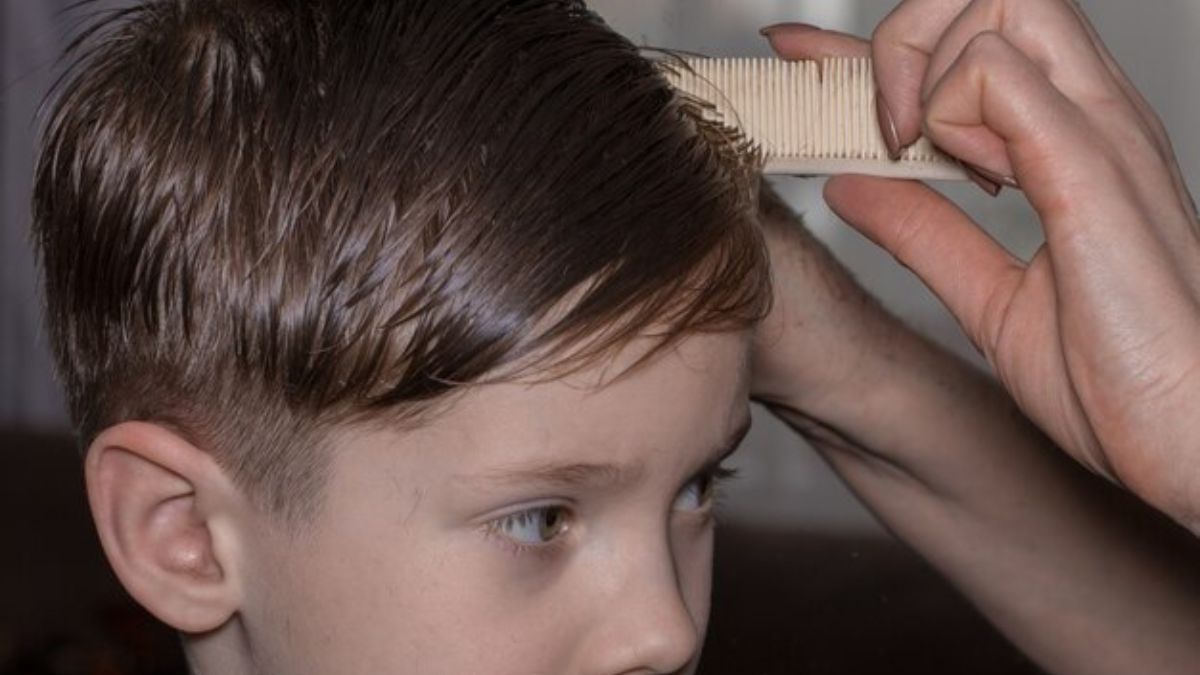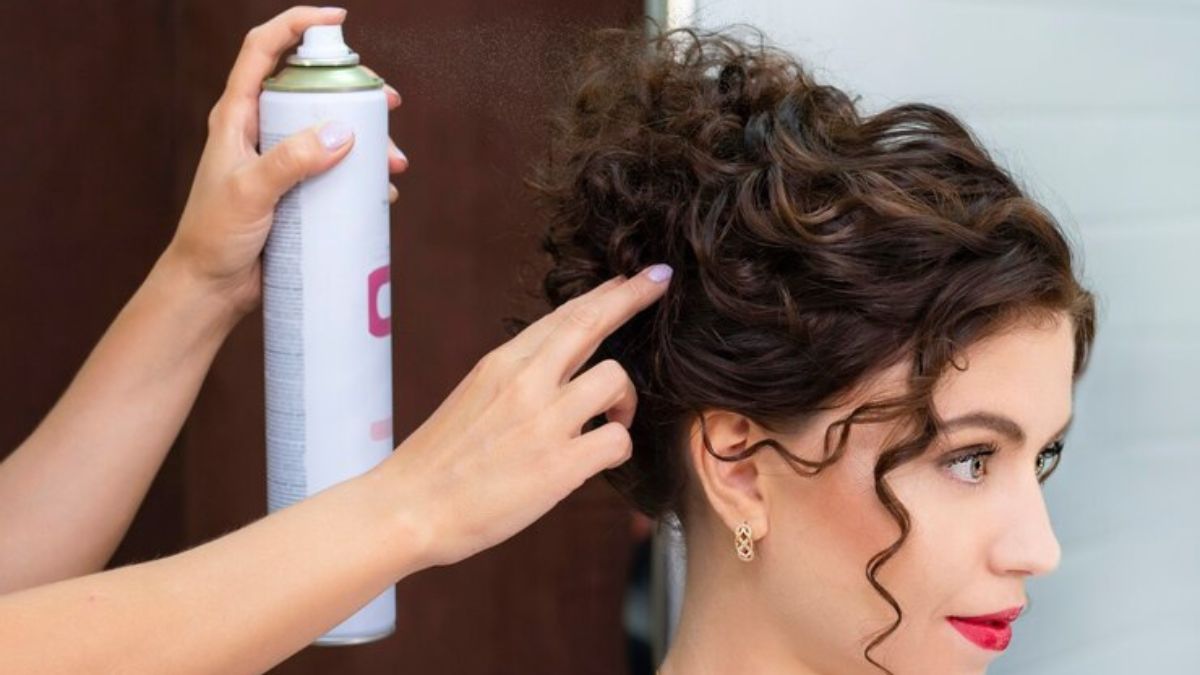If you’re a fan of puzzles and wordplay, you’ve likely stumbled upon the New York Times Mini Crossword. This delightful daily challenge has captivated minds with its quick yet clever clues. Whether you’re sipping your morning coffee or taking a break at work, this bite-sized brain teaser is perfect for anyone looking to sharpen their wit. But what about that intriguing clue: Quite a Head of Hair NYT? It’s just one example of the quirky references you’ll find as you dive into the world of mini crosswords. Let’s explore why this little puzzle has taken off in popularity and how you can master it like a pro!
Why the Mini Crossword is gaining popularity
The NYT Mini Crossword has captured the attention of puzzle enthusiasts and casual players alike. Its rise in popularity can be attributed to its accessibility. Taking only a few minutes to complete, it fits perfectly into our fast-paced lives.
Mobile devices play a significant role too. Players enjoy solving puzzles during their commute or on lunch breaks, making use of those spare moments throughout the day. The brevity is refreshing compared to traditional crosswords that often require more extensive time commitments.
Another factor is community engagement. Many share their successes and strategies online, creating an interactive experience around each puzzle. This social aspect adds an extra layer of enjoyment that resonates with both seasoned solvers and newcomers.
The satisfaction of completing even a short puzzle boosts mood and provides mental stimulation—key reasons why many keep coming back for another round in this mini world of words.
Tips for solving the Mini Crossword
Start with the simplest clues. They often lead to quick wins and build your confidence.
Look for short answers first. Many times, two or three-letter words are easier to crack. These can help you fill in longer intersecting answers.
Don’t shy away from guessing. If a clue stumps you, try writing down an answer that fits—even if it feels like a shot in the dark. You might be surprised at how things fall into place afterward.
Use common crossword lingo as your guide. Abbreviations and pop culture references frequently appear, so familiarize yourself with them.
Take breaks when needed. Stepping away can provide fresh perspective upon return, making those elusive clues easier to solve.
Enjoy the process! The Mini Crossword is designed for fun, not just challenge. Embrace each puzzle as a new adventure waiting to unfold.
Strategies for cracking difficult clues
Difficult clues can feel daunting, but there are strategies to make them manageable. First, look for synonyms or related words. Often, the answer is a clever twist on what you might expect.
Consider the length of the word required. Sometimes knowing how many letters fit into a space can spark ideas. If it’s five letters long and relates to hair, think about common hairstyles or terms associated with hair.
Another useful tactic is breaking down compound words. Clues may combine two concepts that lead you directly to the solution if dissected properly.
Don’t overlook cultural references either; they often pop up in crosswords. Whether it’s a famous person known for their ‘quite a head of hair’ or popular media quotes, context matters greatly here.
Trust your instincts! Your first guess may be correct even if it seems off at first glance.
How to use context clues and word patterns to solve puzzles
Context clues are your best friends when tackling the NYT Mini Crossword. When you encounter a tricky clue, pause and examine the surrounding answers. They can often provide hints about what letters might fit.
Look for familiar phrases or idioms within the clues. A question like “Quite a Head of Hair NYT” suggests something related to hair, perhaps a specific style or type. Recognizing patterns in wordplay can lead you directly to the answer.
Word patterns also play a crucial role. If you’re dealing with an eight-letter word, think of common prefixes or suffixes that could apply. This method narrows down possibilities significantly.
Remember to embrace synonyms as well—many clues use alternative terms for similar concepts. By connecting these dots through context and pattern recognition, you’ll find yourself solving puzzles more efficiently than ever before!
The benefits of regularly solving crosswords for mental stimulation
Regularly solving crosswords offers a mental workout that sharpens the mind. Engaging with clues and filling in answers requires critical thinking and recall. Each puzzle presents a unique challenge, pushing cognitive boundaries.
As you navigate through clues, vocabulary expands. You encounter new words and phrases, enhancing language skills over time. This constant learning keeps the brain agile.
Moreover, solving crosswords boosts problem-solving abilities. When faced with tricky clues, lateral thinking is essential. It encourages creative connections between ideas.
The repetitive nature of puzzles also enhances memory retention. Frequent practice helps solidify knowledge as your brain becomes familiar with patterns and styles common to crosswords.
Additionally, dedicating time to this activity can reduce stress levels. Immersion in a crossword provides an escape from daily life’s chaos while fostering concentration and mindfulness—benefits that contribute to overall mental health.
Conclusion: Give the NYT Mini Crossword a try!
The NYT Mini Crossword is a delightful challenge that can fit into even the busiest of schedules. As you explore the world of wordplay and clues, you’ll find yourself sharpening your mind while enjoying each puzzle’s unique charm.
With its growing popularity, there’s never been a better time to dive in. The strategies and tips shared here will equip you with the tools needed for success, whether you’re just starting or looking to enhance your skills.
So why not give it a shot? Grab your pencil, open up the New York Times app or website, and see if you can decipher “Quite a Head of Hair NYT” along with other clever clues that await. You might discover more than just answers; you may uncover a rewarding hobby that brings joy and mental exercise into your day-to-day life!








